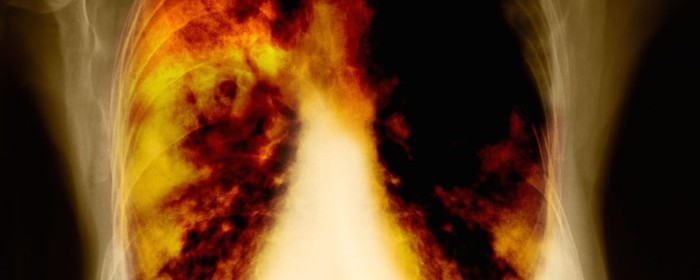For half a century, Cuban products have been rare in the US due to an economic embargo established by President John F. Kennedy at the height of the Cold War.
The embargo hasn’t been lifted completely, but the president’s decision to rekindle relations was a historic development and one signaling the beginning of the end of decades of hostility.
But it wasn’t just Cuban rum and cigars Americans were denied; Cuba’s revolutionary medical research and biotech were also unable to get through.
In spite of its more repressive elements, the economic embargo and endemic poverty in Cuba, the Castro regime has long made medical research a priority in Cuba. As Wired notes, this was particularly evident after a 1981 dengue fever outbreak that impacted 350,000 Cubans.
Following this incident, the Castro regime implemented the Biological Front, which has spearheaded Cuba’s exceptional immunology research.
Cuba developed some of the most impressive biotechnology in the world, but the US hasn’t had access to any of it because of the embargo.
As part of normalizing relations, the Obama administration made efforts to tap into Cuba’s medical research and, in particular, a lung cancer vaccine.
As Wired highlights, lung cancer is the fourth-leading cause of death in Cuba. Given cigars are so prevalent there, this isn’t a huge shock.
Consequently, Cuba’s Center for Molecular Biology developed a lung cancer vaccine called Cimavax to combat lung cancer. The shot is currently available to the Cuban public for free, and it only costs around $1 per shot. In other words, it’s cheap and something that could potentially become widely available in the US.
Cimavax has been used to slow the spread of cancer for patients already suffering from the disease. It doesn’t necessarily kill tumors, but it does help slow their spread and has proven to prolong the lives of lung cancer patients. Moreover, it’s also shown very low levels of toxicity, which is a positive sign.
In essence, it doesn’t function like a traditional vaccine that is meant to prevent illness from occurring in the first place. But, Cuba’s Center for Molecular Biology finalized an agreement with New York’s Roswell Park Cancer Institute to begin collaborating in researching the vaccine’s preventative capacity.
The next step is to get Cimavax approved by the Federal Drug Administration, but this will take time.
One thing that would definitely speed this process up, however, would be a complete lift of the Cuban embargo.
The potential for collaborative medical research between Cuba and the US is immeasurable, given Cuba’s inventive approaches and America’s resources. At present, however, a debatably anachronistic and counterproductive policy is preventing this from fully occurring.
In other words, if the US completely ended the Cuban embargo, we could end up importing something that ends cancer, instead of something causing it.

 Print
Print